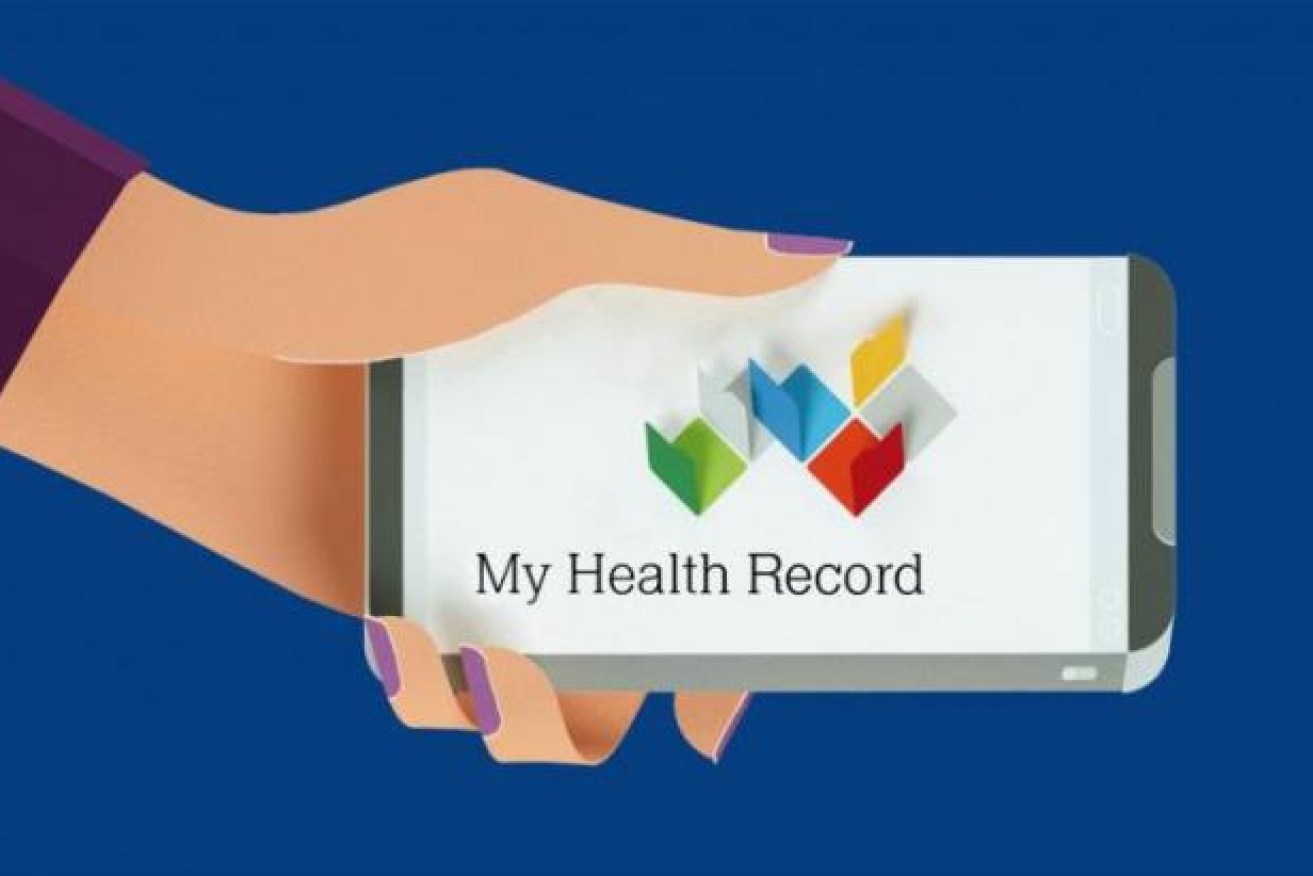My Health Record ‘patchy’ and needs more funding, better direction
After years of development, privacy debates and around $2 billion in funding, Australia’s electronic health record is set for further changes

The My Health Record is yet to live up to its potential, a government-initiative review has found.
Digital health records had been subject to a slow uptake, with some system clashes and many facilities still using fax machines, until the Federal Government agreed to make the My Health Record (MHR) opt-out instead of opt-in.
Since then, the number of consumers and providers actively using the system has increased, but a newly-released government review has found MHR is yet to live up to expectations.
“A view that has been widely expressed is that MHR has not fully met the promise or the expectation that many held for it,” wrote Professor John McMillan, who conducted the review.
“Two criticisms stand out. The first is that there is limited or uneven content in many MHR records. The second is that there is insufficient involvement in MHR by healthcare providers, both in uploading personal health information to MHR and in accessing a patient’s MHR when providing health care to them. These weaknesses can shake public and practitioner confidence in the utility of MHR and in that way be self-perpetuating.”
While McMillan pointed to the COVID-19 pandemic having improved public confidence in electronic systems, and practices such as telehealth, he said there was still uneven MHR use in the health system and some providers using it less. This, he said, could be due to the “patchy and out-of-date” information found on an MHR.
“This is a source of disappointment and frustration for consumers and providers alike,” McMillan wrote.
“This has not shaken MHR foundations but led people to ask more constructively how MHR can evolve, how confidence and trust in the system can be strengthened and – at a practical level – how upload and access to MHR content can be improved.”
McMillan has recommended the government provide a more stable funding base for the MHR – and maybe commit to future legislative improvements – and also look at whether new incentives are required for providers.
He also called for the government to allow the MHR to facilitate, not inhibit, further technological change in the health sector.
“There is strong interest in exploring options for providing better personalised health support to individuals, through apps and mobile and wearable device options that allow MHR data to be integrated with other personal health information,” he wrote.
McMillan acknowledged the Australian Digital Health Agency, which administers the MHR, was already working on improvements that may allay the concerns of some stakeholders.












